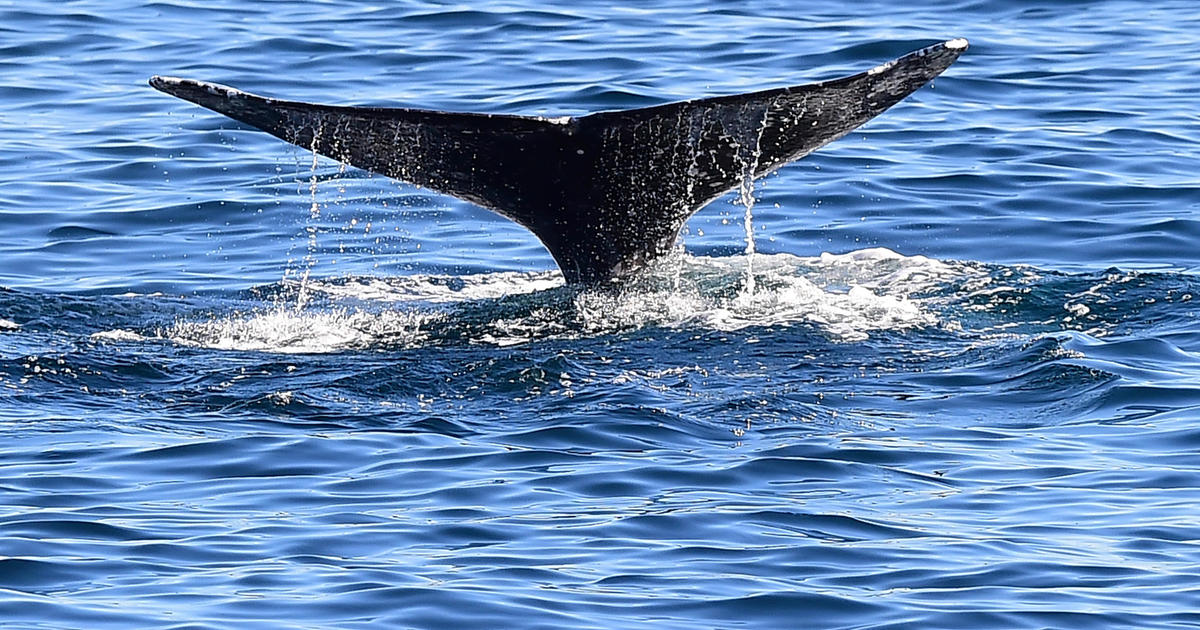How Technology Is Changing the Future of Sustainability
By Melanie Graysmith
There is a great challenge ahead, and in fact, it has begun. Technological innovations are not only booming but also quickly shifting toward sustainable solutions for major areas of our lives and Earth’s limited resources. Important topics such as food security, energy solutions, clean water, and how we power and use our vehicles are being impacted by technology for future sustainability. Technology will change sustainable development, which will ultimately affect economic growth.
Food Sustainability
Future food security is one with agriculture and climate change. Farming and agricultural innovations and scientific advances have impacted agricultural methods, giving a modern spin on farming practices. Some innovations include tractors that can run themselves on GPS signals; planters and fertilizer applicators that distribute their loads based on digital input using soil sensors; and unmanned drones that can track crop yields and animal health.
The negative environmental costs of farming are improving and being addressed with more sustainable farm practices. The chemical industry is producing pesticides that degrade more rapidly and can be used in lower concentrations.
On the flip side is organic farming. While organic farmers cannot use the same technology as conventional farmers, organic farming technologies work with ecosystems and take new knowledge and transfer the information into practical farm solutions. The food supply will be directly impacted in myriad ways. With increased food production, methods of food storage and distribution for an increasing global population will depend on technological advances, as it will with aquaculture for increased marine and freshwater seafood production.
Another area of increased interest is Edible Insects as sustainable food alternatives. Considered cheap, nutritious, and good for the environment, insect consumption is not new, but widely practiced in Mexico, Brazil, China, Thailand, and other countries including the United States. In spite of the yuck factor for most of us, insect consumption is increasing as are the available products, including snacks, pasta, sweets and more.
Solar/Wind/Water Energy
Green technology is about alternative energy solutions, which have been in popular use in recent years with growing interest. Green energy is clean energy and its availability is all around us. The energy power mindset has essentially changed; we do not need nuclear power, coal or biofuels, which can use too much land and raise food prices. Efforts to get 100 percent of our energy from solar, wind, and water power are possible and practical - in spite of some doubters' concerns about reliability.
Wind and solar energy are not only captured, but can also be stored. Recently, Stanford scientists have developed a new water-based battery that could store solar and wind energy to be redistributed when energy demand is high. Although currently a small capacity prototype, researchers feel confident the technology can be significantly scaled up to an industrial-grade system. Renewable energy from the sun can make homes quite energy-efficient with solar panels at increasingly affordable prices, and even options for leasing panels.
Clean Water
There is a fresh water crisis as it is a scarce commodity on Earth, in spite of the world’s vast amount of water. Of all the water on Earth, 96 percent is saline, and just 4 percent is fresh water. The American water infrastructure is old and decaying, which consequently causes problems like leakage and water contamination. Ensuring a fresh water supply is an urgent concern considering that fresh water is becoming increasingly scarce, and the U.S. will likely be unable to meet its water needs due to climate change and population growth. To combat the real threat to fresh water security, engineers are working on technological solutions to help preserve fresh water sources and most importantly, to turn plentiful saline water resources into fresh water ones.
Green Vehicles
Green vehicles are clean vehicles and eco-friendly, meaning they are less harmful to the environment than conventional vehicles that run on gasoline or diesel fuel. The trend consists of electric, plug-in hybrid, and hydrogen fuel cell vehicles. Green vehicles are powered by fuel alternatives and advanced vehicle technologies that include hybrid electric, plug-in hybrid electric, battery electric, hydrogen, compressed air and a few others. Even with widespread familiarity with green vehicles, conventional gasoline or diesel vehicles still dominate the roads and the majority of new vehicle sales. But even conventional vehicle owners can benefit from the latest technology.



